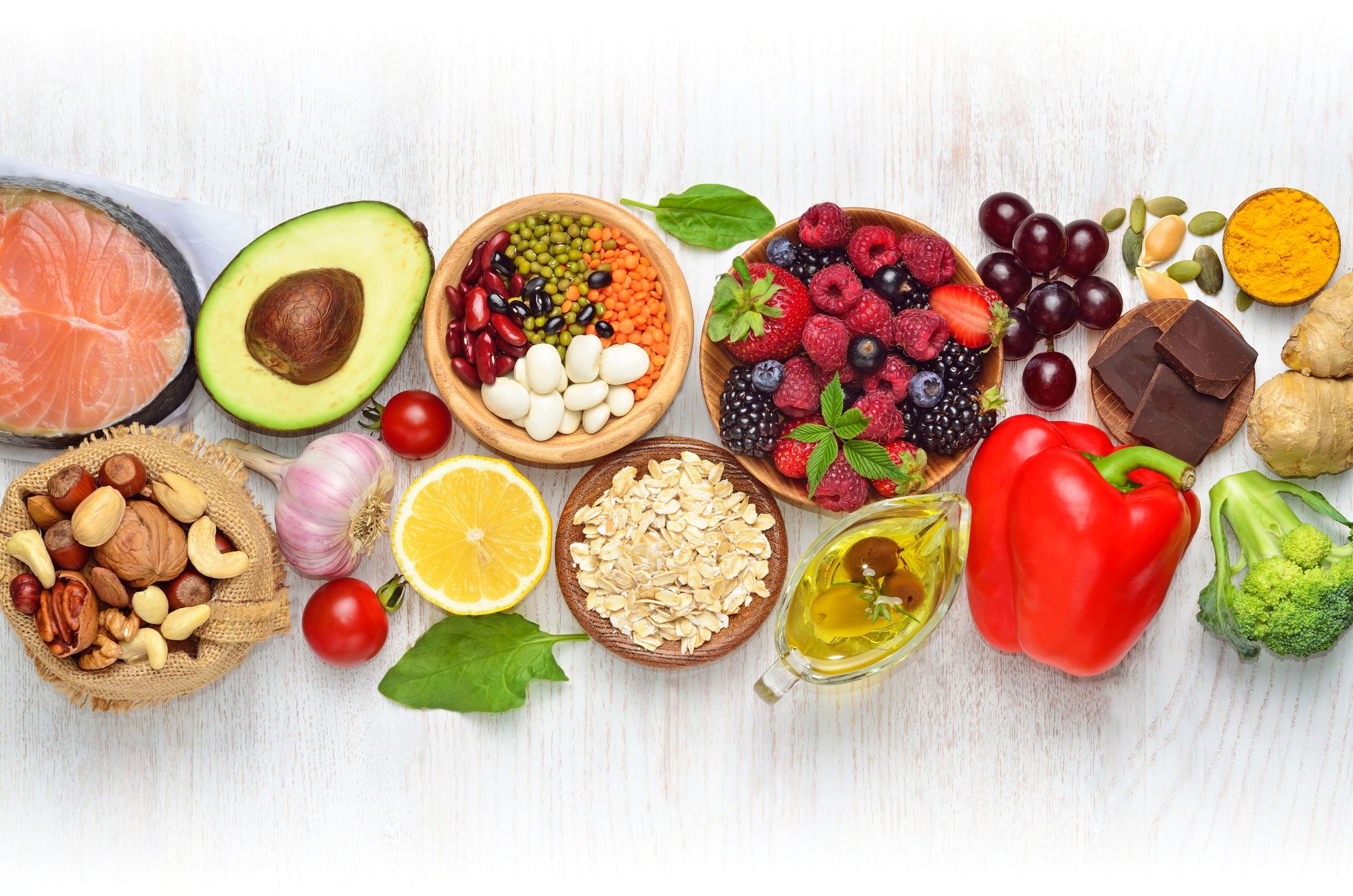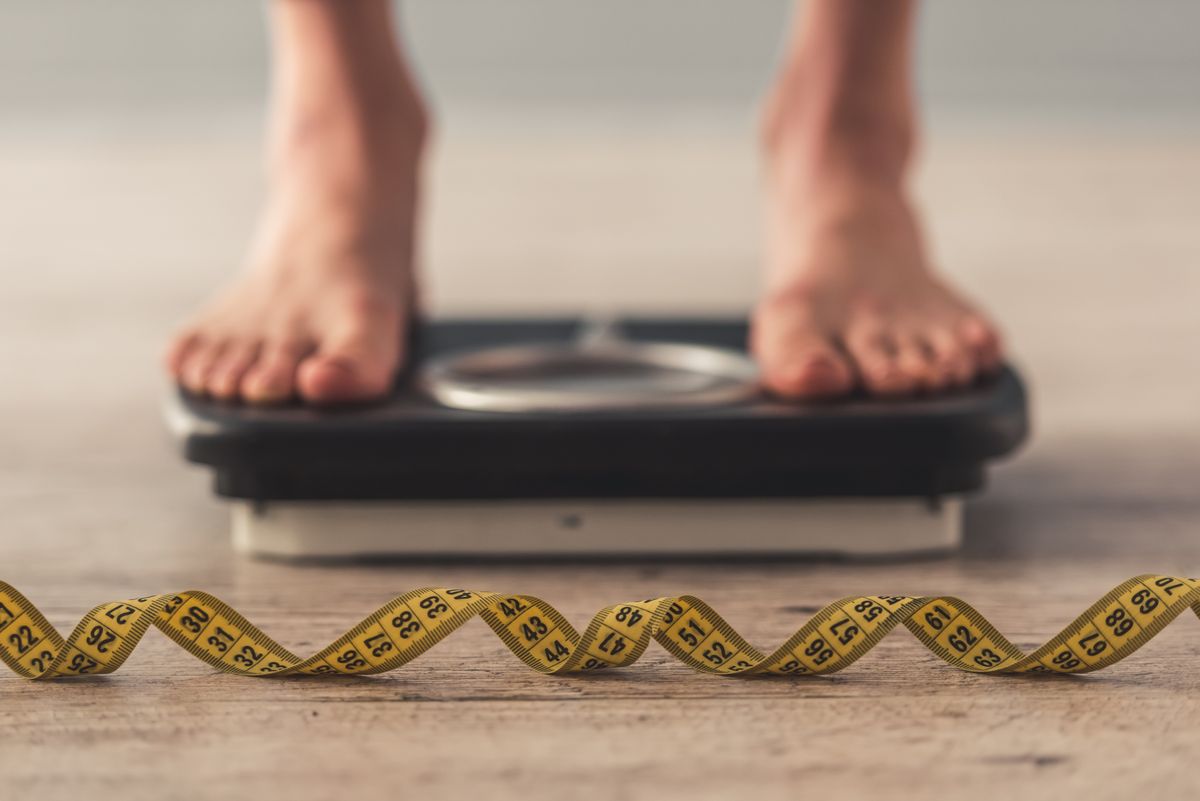If you're struggling with gaining weight despite your best efforts, you're not alone. In a recent survey conducted by OnePoll, 95% of Americans admitted to trying to shed excess weight over the past five years. However, almost half of them revealed that they've had a hard time achieving their weight loss goals and have even gained weight.
Based on the survey, maintaining willpower, lacking motivation, sticking to a healthy diet, and battling hunger were among the major roadblocks to losing weight. To help you understand and overcome these challenges, we've consulted nutrition and weight loss experts to provide you with the 25 common sneaky reasons behind weight gain, even when you're doing everything right. Read on to discover these reasons and how to tackle them effectively.
1) Why Prioritizing Workouts Over Other Activities Could be Sabotaging Your Weight Loss Efforts

Regular exercise is undoubtedly an effective way to lose weight, but solely prioritizing workouts and neglecting other physical activities can hinder weight loss progress. According to Kate Meier, CPT, a certified personal trainer with Gym Garage Reviews, it is essential to remain active throughout the day, not just during exercise sessions.
Meier explains that even small actions like taking the stairs at work, playing with children, or walking the dog can have a significant impact on metabolism and contribute to weight loss. Neglecting these opportunities for physical activity can make it harder to achieve weight loss goals, regardless of how frequently one exercises. Thus, incorporating physical activity into daily routines is a critical aspect of achieving and maintaining a healthy weight.
2) Why You May Be Consuming More Than You Think
A recent study conducted by Cornell University revealed that the majority of people tend to underestimate the number of calories they consume on a daily basis. On average, individuals of normal weight underestimate their caloric intake by nearly 20%, while overweight individuals underestimate by nearly 40%.
These findings highlight the importance of paying close attention to portion sizes, especially when your goal is weight management. Calories are calories, regardless of whether they come from healthy or unhealthy foods, and consuming too many can impede progress towards weight loss goals.
Registered Dietitian, Trista Best, emphasizes that even when consuming healthy foods, overeating can result in excess calorie intake. It is crucial to be mindful of portion sizes to ensure that caloric intake aligns with weight management goals.
In conclusion, the study from Cornell University highlights the prevalence of underestimating caloric intake, and the importance of being mindful of portion sizes. Paying attention to the amount of food you consume, even when choosing healthy options, can help support successful weight management.
3) Progressing Without Adjusting Your Nutrition: Why It's Holding You Back

Weight loss is a complex process that involves many factors, including changes in your body's needs and metabolism. Recent research indicates that as you lose weight, your body's caloric requirements and energy expenditure change accordingly. For instance, a person weighing 110 pounds requires significantly fewer calories than someone weighing 220 pounds, as a smaller body needs less energy.
Registered Dietitian, Meier, explains that failing to adjust your nutrition as you progress can hinder your weight loss efforts. If you have noticed a lack of progress or even weight gain despite consistent weight loss efforts, not readjusting your nutrition to meet your changing needs may be the reason.
It is essential to adjust your nutrition plan as you progress to ensure that your caloric intake aligns with your new body size and activity levels. This will help you achieve your weight loss goals while also supporting your overall health and wellbeing.
In conclusion, weight loss is a dynamic process that involves adjusting your nutrition and lifestyle as you progress. Failing to adjust your nutrition plan as you lose weight can lead to a lack of progress or even weight gain. Therefore, it is crucial to work with a registered dietitian to develop a personalized nutrition plan that meets your changing needs and supports your weight loss goals.
4) Hidden Calories: How Beverages Can Contribute to Excess Caloric Intake

Consuming too many calories through beverages is a common but often overlooked reason for weight gain. Many popular drinks, including soda, juice, wine, beer, and lattes, contain high amounts of empty calories that offer little nutritional value. Regularly consuming these beverages can hinder weight loss efforts, even if you are eating in a calorie deficit or trying to maintain your weight.
Registered Dietitian, Best, emphasizes that liquid calories from high-calorie beverages such as sodas, juices, and alcohol can quickly add up and contribute to weight gain. To avoid this, it is recommended to stick to water or low to zero-calorie beverages and reserve calories for nutrient-dense foods instead.
In conclusion, beverages can be a significant source of hidden calories that contribute to excess caloric intake and hinder weight loss efforts. Being mindful of your beverage choices and opting for low-calorie options such as water can help reduce your overall calorie intake and support successful weight management.
5) The Importance of Sleep: How Not Getting Enough Can Affect Your Health and Weight

The role of quality sleep in a healthy weight loss plan cannot be overstated, as highlighted by the Sleep Foundation. Research has also revealed that inadequate sleep while dieting can negatively impact weight loss and increase overeating by stimulating the production of ghrelin, commonly referred to as the "hunger hormone."
Registered Dietitian, Meier, emphasizes that getting enough quality sleep is vital for successful weight loss, but it's a commonly overlooked aspect of a fitness routine. For optimal health, adults should aim to get at least seven hours of uninterrupted sleep per night.
In conclusion, quality sleep is a critical component of a healthy weight loss plan, and a lack of sleep can have adverse effects on weight loss and overeating. It is essential to prioritize getting sufficient, uninterrupted sleep to support successful weight management and overall health.
6) Protein Deficiency: How Not Getting Enough Protein Affects Your Health and Weight

Protein is an essential macronutrient that plays a crucial role in promoting satiety, making you feel full faster and for longer periods, as compared to other macronutrients like carbohydrates and fats. Studies have demonstrated that high-protein diets can help prevent overeating and reduce body weight.
Registered Dietitian, Best, recommends consuming a serving of protein with each meal or as a snack to increase feelings of fullness and prevent overeating. It is important to note that protein can be obtained from both animal and plant-based sources.
In conclusion, protein is a vital macronutrient that can help prevent overeating and support healthy weight management. It is recommended to include a serving of protein in each meal or snack to promote feelings of fullness and reduce the likelihood of overeating.

